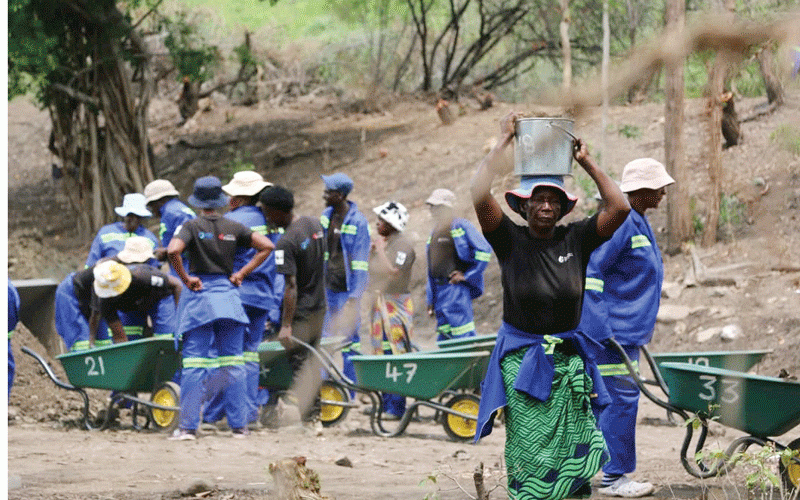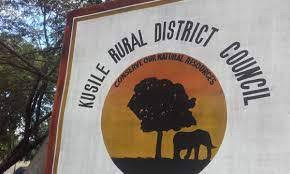
A GROUP of women from Binga district in Matabeleland North is making waves not only in traditionally male-dominated sectors like fishing but also as powerful leaders in wetland conservation in Zimbabwe.
In Binga, women are at the forefront of protecting vital wetland ecosystems such as the Chitongo wetland in Lusulu, demonstrating how local knowledge and community action can drive environmental change.
According to a Facebook post by the WWF, “As climate change brings new challenges, these women are stepping up as active guardians of fragile wetlands, using their knowledge and hard work to bring change.”
Elizabeth Sibanda, a mother, grandmother and local conservationist, shared how her team, with equal representation of men and women, has constructed stone and gabion structures with a total length of 25 metres to control water flow and prevent erosion.
The group has also built brushwood check dams, dug trenches and reinforced small gullies with rocks to reduce runoff, all crucial steps to safeguard the wetland’s fragile environment.
“As women leading these efforts, we feel empowered and knowledgeable, thanks to training and support from WWF’s CAPA project,” Sibanda said.
Nearby in Hwange district, women in communities like Chidobe are achieving remarkable results as well.
According to Charlene Khumalo, the women have built 11 gabion structures stretching 93 metres and planted vetiver grass on a piece of land just over one hectare to stop erosion and help the land to recover naturally.
- Secure your business premises: Police
- New law answers exhumations and reburials question in Zim
- DT Bio Mudimba: A sungura perfectionist
- Travelling & touring: Gandavaroyi Falls: Tourism’s hanging fruit
Keep Reading
“The Environmental Management Agency fence keeps cattle away from the protected wetland, preventing further damage,” she said.
These stories resonate beyond Zimbabwe, with Asha Kilili, a Tanzanian delegate at the recently held Ramsar COP15 conference in Victoria Falls, highlighting the critical role women play in wetland management.
“Women’s close connection to natural resources and their families makes them vital stewards. Seeing their leadership here is inspiring and I will take these lessons back to Tanzania.
“As a conservationist deeply committed to safeguarding Africa’s natural heritage, I am truly inspired by the leadership and dedication shown by the women of Binga in wetland preservation.
“Their hands-on approach not only protects critical ecosystems like the Chitongo wetland but also empowers communities to adapt to climate change effectively.”
Safe Environment and Wildlife Africa executive director Kalulu Mumpande also noted the achievements made by women’s groups in Binga and Hwange.
“It is through such grassroots initiatives that we can hope to secure a safer environment and a thriving wildlife future for generations to come,” he said.
Wetlands in Zimbabwe and across southern Africa are ecological treasures. They filter water, recharge groundwater, provide habitats for diverse species and support agriculture and fisheries that sustain millions.
The wetlands around the Zambezi River basin, including those in Binga, are especially important for biodiversity and climate resilience.
However, these ecosystems are threatened by agricultural expansion, overgrazing, pollution and climate change impacts like irregular rainfall and increased erosion.









